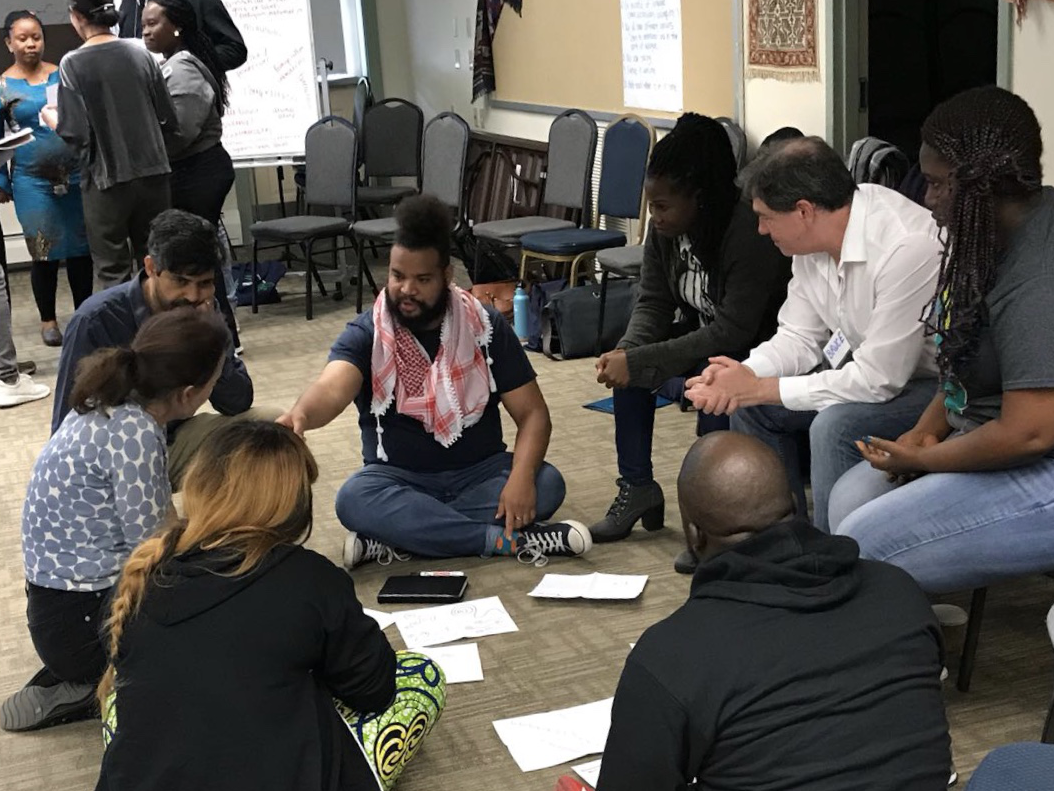
Welcome to the Center for Restorative Practices
Our Vision
The Center for Restorative Practices, housed in the Office of Diversity, Equity, and Inclusion, fosters an inclusive, engaging campus climate where all members have the tools and experiences necessary to engage in meaningful, restorative dialogue around community and conflict; where conflict management is not viewed as an end in and of itself, but where transforming conflict is seen as a pathway to a stronger, caring and more just community.
To do this, we aim to answer these two transformational questions:
- What skills do we need to prevent, respond to, heal from, and take accountability for harmful, discriminatory, and harassing behaviors?
- What campus infrastructure do we need to support a more inclusive campus?
The CRP is working towards transformational change by reimagining how we engage, live with, and respect each other, focusing on restorative community building and education.
PROFESSOR ALLEN HART, Inaugural Director of the Center for Restorative Practices




